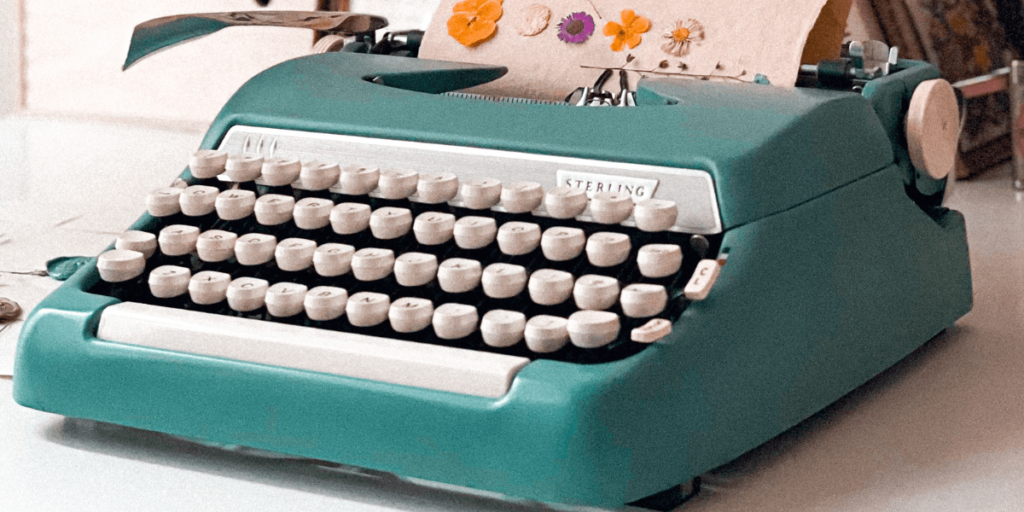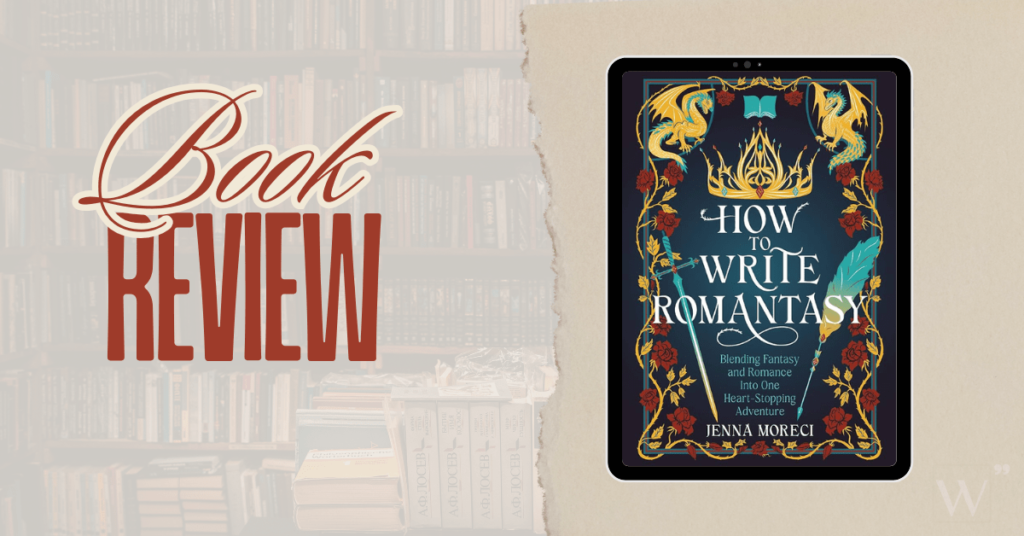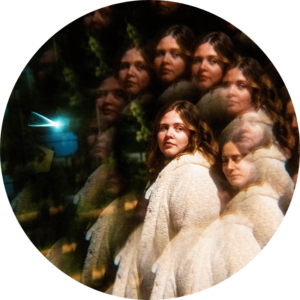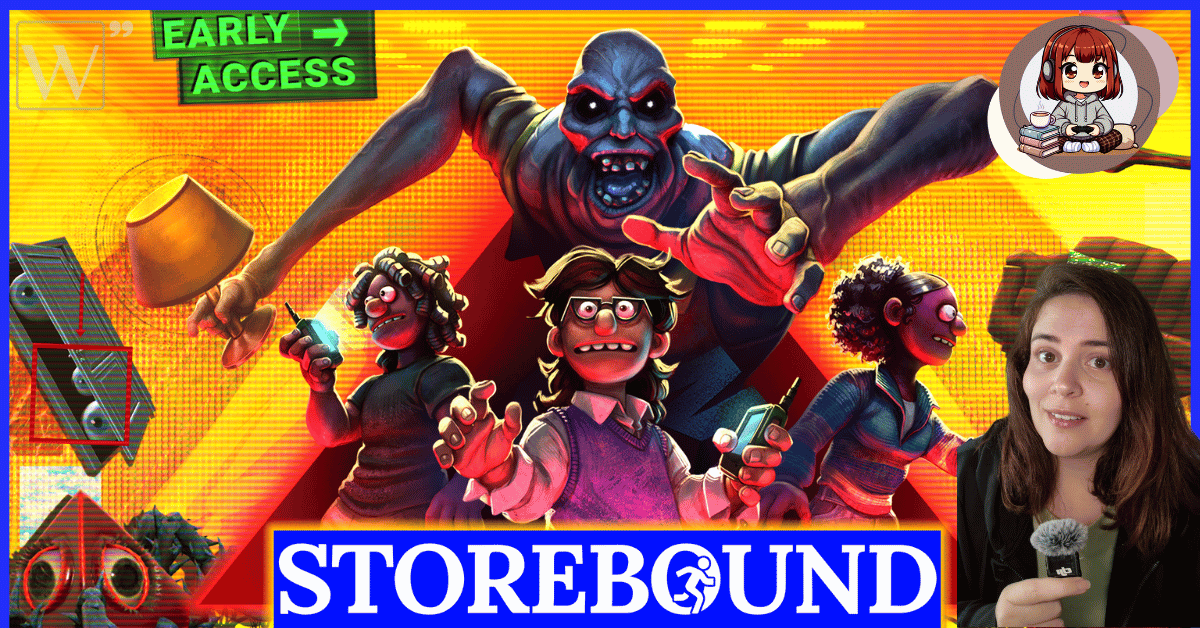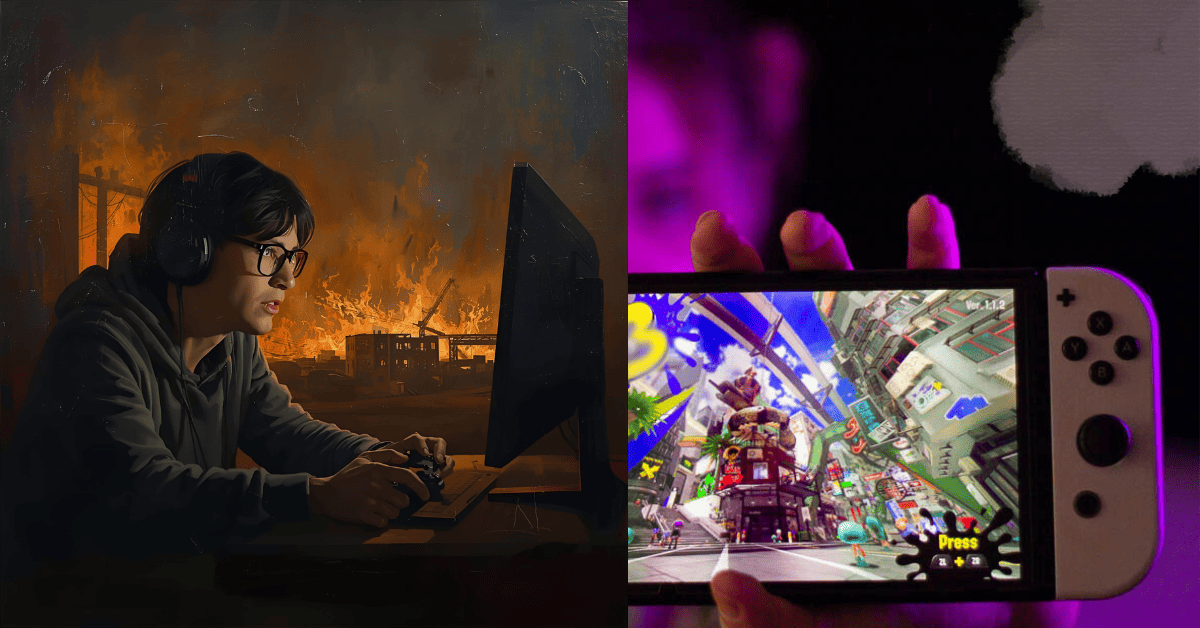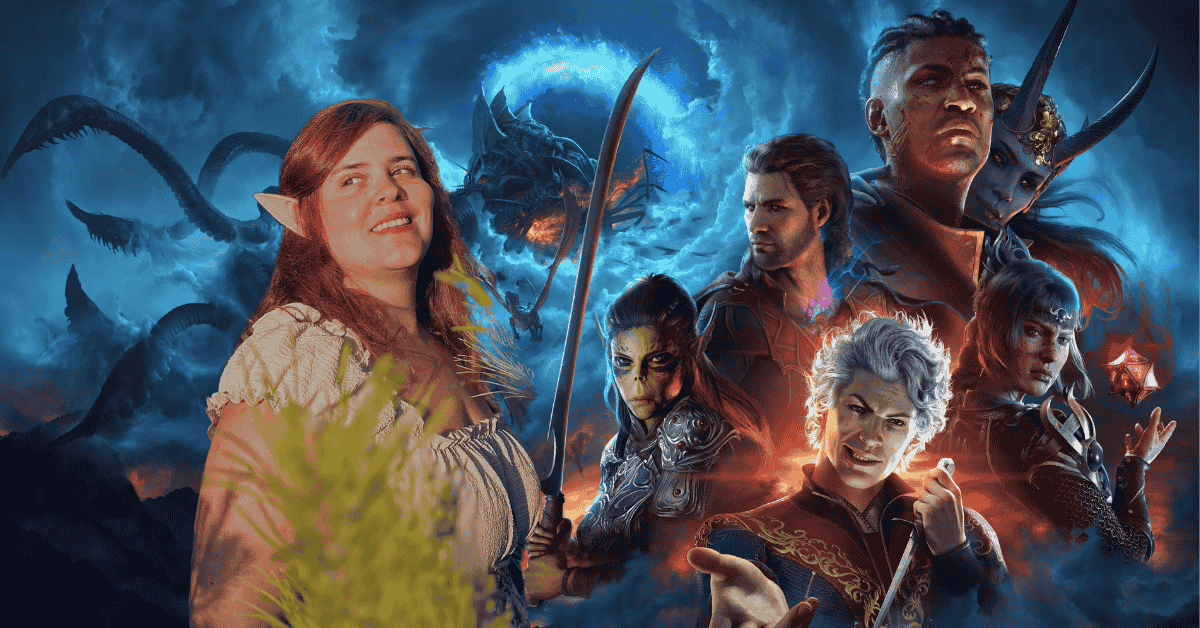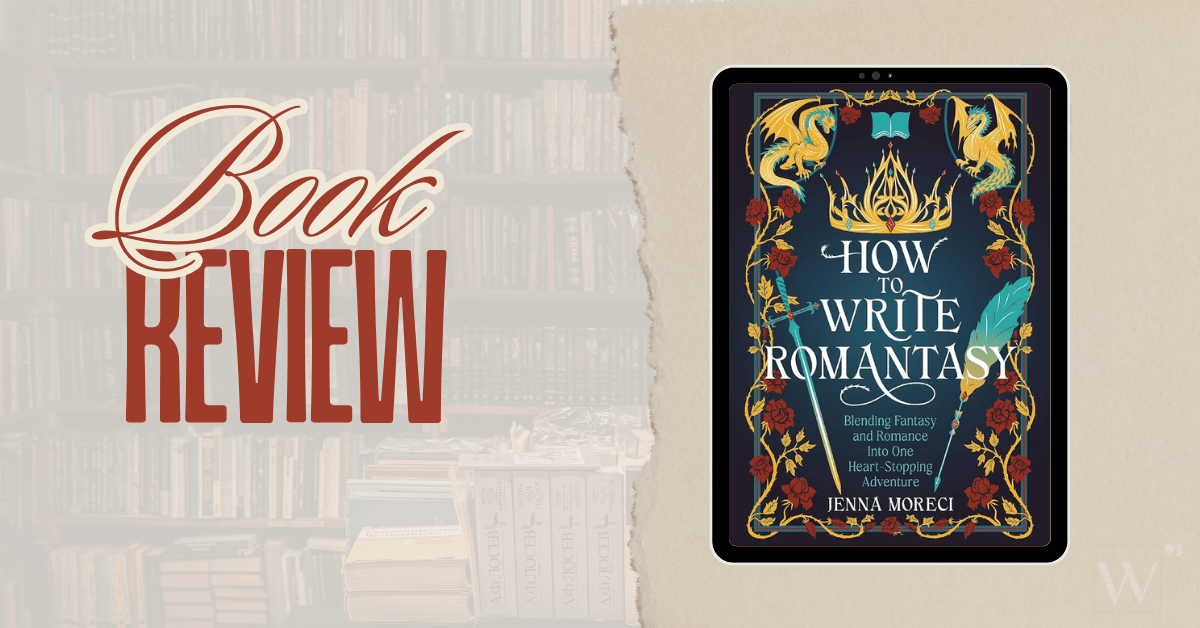(Okay, I lied, this is part review, part reflection. I can’t turn off that part of my brain, so. It is what it is.)
I don’t usually pick up writing guides expecting to laugh, or to feel like I’m being lightly scolded and entertained at the same time. But that’s Jenna Moreci’s thing. How to Write Romantasy is full of loud, self-aware humor and clear, structured advice about the mess that is writing fantasy and romance combined.
For me, reading How to Write Romantasy was mostly remembering why I fell in love with the craft in the first place. Even if I personally don’t write in this genre much (yet). Sometimes revisiting the basics feels like coming home. Most chapters reminded me of that early, chaotic energy when I was just beginning. When I sipped every writing advice, and then got confused at some tips contradicting each other. That budding passion, that was sort of buried under deadlines and day jobs, unfortunately.
A Tough Love Guide
How to Write Romantasy is a clear, no-nonsense guide for writers who are just starting out, especially the ones dreaming up swords, spells, and slow-burn kisses. It’s educational and entertaining, and Jenna Moreci’s signature snark makes the whole process feel less like a lecture and more like a caffeine-fueled pep talk from a friend who’s already been through the hell of revisions.
What I like most is how she makes writing accessible adn welcoming for anyone. She doesn’t wrap it in theory or pretend it’s sacred knowledge for just a select few (which something I also advocate for); she just breaks it down so you can actually understand all writing building blocks independently of your background.
Her definition of romantasy is simple but sharp: if your story still works after you remove the romance, you’re writing fantasy with a love subplot, not romantasy. That line alone clears up so much confusion. From there, she builds a step-by-step path: idea, outline, draft, edit, survive.
What really hit me was her approach to structure itself. When we first learn about it, we all want to rebel (I definitely did). My screenwriting professor once said, “If it looks like a chair and you can sit on it, it’s a chair. If it doesn’t, it’s conceptual art.” Jenna gets that. She shows you the chair blueprint so you can build your own.
What It Feels Like to Read
For me, it felt like time travel. I started writing seriously around the time Jenna launched her YouTube channel, back when writing advice on the internet still felt like a hidden corner of the web. Reading this brought me right back to that : the hope, the caffeine, the absolute conviction that the story in my head was, after all, garbage, and the video binging. I did learn a lot from that era, and a lot of that content is reflected in this book, but more refined. Like most of us *wink*

The Fun (and Yes, Spicy) Bits
I could almost hear her latex gloves snapping as she wrote the section on how to write sex scenes (and the likely intentional overuse of the word ‘genitals’), part workshop, part surgical procedure. She breaks down the flavors of romance by explicitness, and even covers age categories and the line between emotional maturity and target readership; useful stuff for anyone who hasn’t yet figured out how to write intimacy responsibly.
Then comes the vocabulary warning, and honestly, she’s right. Word choice can kill a scene faster than bad pacing. Some phrases should never see daylight.
It’s funny, but it’s also true. Writing about intimacy is one of those tightropes where we either fall into cheap porn or Victorian euphemisms. There’s rarely a middle ground, especially in Portuguese (my mother tongue). Jenna manages to walk that line: straightforward without being awkward, and that’s harder than it looks.
On Romantic Chemistry and Living to Write
What really stuck with me, though, was how she dissects romantic chemistry brick by brick: friendship, respect, vulnerability, trust, unity. We all think we understand those things, but it’s different when you try to write them. You realize how much of real life sneaks into fiction.
You don’t need to ride a dragon to write about it, but you do need to know what betrayal feels like, or what it’s like when someone finally sees you for who you are. Those sensations, those tiny human aches, are what make your readers believe you. The lack of knowledge/experience, be it social, emotional, biological, even the messy kind, can haunt your pages until you go out and actually live and educate yourself.
Final Thoughts
How to Write Romantasy won’t write the book for you, but it will give you a map, a language, and maybe that small spark of permission to start again. It’s great for beginners, especially those trying to bring some order to the creative storm.
And for the rest of us? It’s a nudge. A reminder that the stories in the drawer still count. They’re just waiting for us to pick them back up.
4.5/5⭐️⭐️⭐️⭐️💫
Verdict: Funny, educational, accessible.
Note: Review copy provided by NetGalley in exchange for an honest review.
